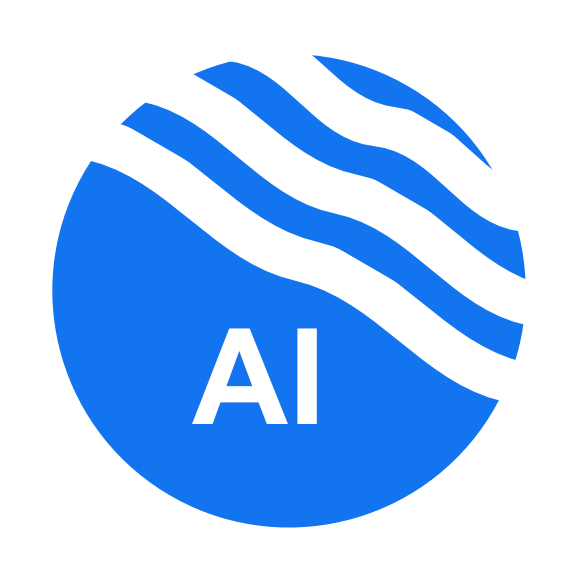In the rapidly evolving landscape of cancer research, artificial intelligence (AI) is emerging as a game-changing tool for drug repurposing. This innovative approach involves identifying new uses for existing medications, potentially revolutionizing cancer treatment. By leveraging AI’s ability to analyze vast amounts of data and uncover hidden patterns, researchers are accelerating the discovery of novel cancer therapies while significantly reducing development time and costs. This blog explores how AI-driven drug repurposing is transforming the field of oncology, offering hope for more effective and accessible cancer treatments.
In the realm of medicine, innovation often lies not in creating something new, but in seeing the familiar through fresh eyes.
AI-driven drug repurposing is proving to be a powerful strategy in the fight against cancer. By analyzing extensive datasets of drug-target interactions, genetic information, and clinical outcomes, AI algorithms can identify promising candidates for repurposing with remarkable efficiency. For instance, a recent study demonstrated that AI-discovered drugs in phase 1 clinical trials have a success rate of 80% to 90%, compared to just 40% to 65% for traditionally discovered drugs. This significant improvement in success rates not only accelerates the drug development process but also reduces the astronomical costs associated with bringing new cancer treatments to market.


The potential of AI in drug repurposing extends beyond mere efficiency gains. By leveraging techniques such as natural language processing and machine learning, researchers can uncover non-obvious connections between drugs and diseases that might otherwise go unnoticed. For example, the AI platform Project Prodigy, developed by Biovista, analyzes massive data resources to identify mechanism of action-based associations between compounds, molecular targets, and diseases. This approach has led to the discovery of potential new applications for existing drugs in various areas, including neurodegenerative diseases, epilepsy, and oncology. Moreover, AI-driven approaches are particularly valuable in addressing rare cancers, where traditional drug development methods often fall short due to limited patient populations and data availability.
Wrapping Up with Key Insights
AI-driven drug repurposing represents a paradigm shift in cancer research, offering a faster, more cost-effective path to developing new treatments. By harnessing the power of machine learning and big data analytics, researchers can unlock the hidden potential of existing medications, potentially saving countless lives. As we look to the future, the continued integration of AI in drug discovery and development promises to accelerate innovation in cancer treatment, bringing us closer to more personalized and effective therapies. For patients, healthcare providers, and researchers alike, this AI-powered approach to drug repurposing offers renewed hope in the ongoing battle against cancer, paving the way for a future where effective treatments are more readily available and accessible to all who need them.



Leave a Reply